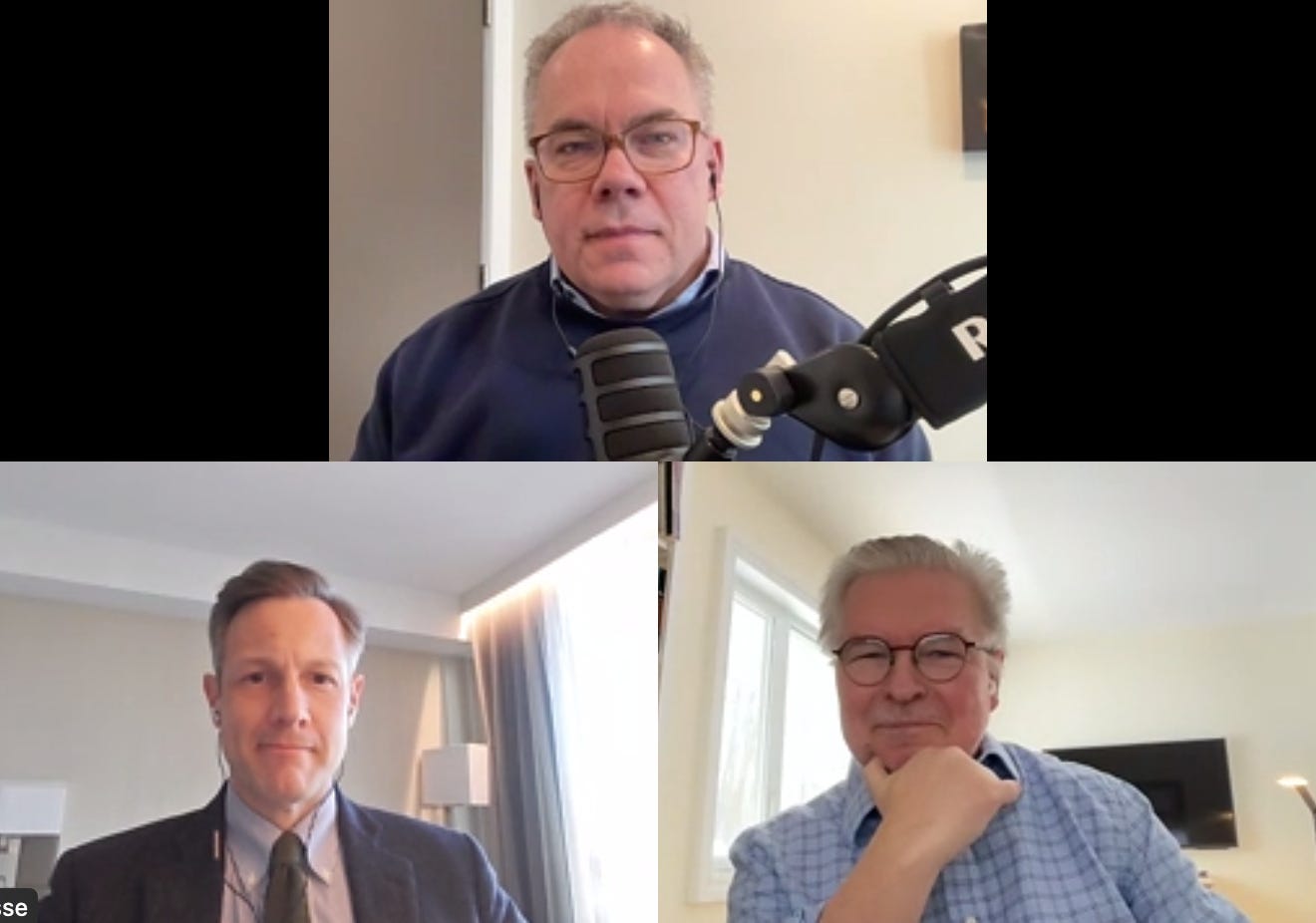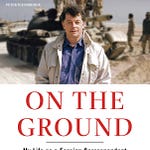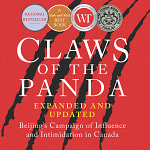There’s so little you can count on in today’s world, but you can hang your hat on this: observers of Canada’s foreign-policy performance are disappointed. It’s so rare for advocates of a vigorous role for Canada in the world to look around and say, “You know what? This is a new golden age.”
Still, hope springs eternal, which is why I was eager to peruse the latest edition of Canada Among Nations, an annual essay collection from Carleton University’s Norman Paterson School of International Affairs. I’m pleased to have two of the project’s editors, Carleton’s Philippe Lagassé and McGill’s Vincent Rigby, join me this week. With the project’s third editor, Carleton’s Norman Hillmer, they’ve convened a team of experts and assigned them a chapter each on Canada’s role in tackling global problems.
The tone is not festive. “We write in a dark time,” the editors state at the top of Chapter 1. With democracy tested around the world, too often held in contempt at home, and the old rules and standards flouted when they aren’t forgotten, it’s a moment when the stakes are high. Canada — and not necessarily only Justin Trudeau’s Canada, Lagassé and Rigby argue — too often seems “unsteady and out of step.” Breaking this down into thematic chapters — on the Indo-Pacific, on Ukraine, on Canada-US relations — are a roster of prominent thinkers and academics.
The book kicks off with a chapter by Bob Rae, who enjoys wide latitude as Canada’s ambassador to the United Nations. He’s got seniority and he plans to use it: his remarks here would be career-ending, or deemed potentially career-ending, to most other Canadian public servants of any stripe.
“The gap between our investments and capabilities and the deteriorating global security outlook is widening,” Rae writes. “It is time for us to close this gap. We need to establish a long-term, sustainable commitment that sends a clear signal that defence, development, and diplomacy go together, and that the era of depleting resources is over. This is not a patch-up job. This needs to be the beginning of a steady, coordinated rebuild. And, yes, it will cost more money.”
I won’t scoop the rest of our conversation here. I think you’ll find it informative.
You can listen to this episode on Apple Podcasts and a bunch of other platforms via the “Listen On” button that you can see at the top of this post when you view it on your desktop browser. If you listen on a podcast platform, hit “Like” and “Subscribe” buttons, and leave a good review, to help spread the word.
You can read a (machine-generated) transcript of this week’s episode via the "Transcript” button at the top of this page when you view it on your desktop browser.
I am grateful to be the Max Bell Foundation Senior Fellow at McGill University, the principal patron of this podcast. Antica Productions turns these interviews into a podcast every week. Kevin Breit wrote and performed the theme music. Andy Milne plays it on piano at the end of each episode. Thanks to all of them and to you. Please tell your friends to subscribe to The Paul Wells Show on their favourite podcast app, or here on the newsletter.












